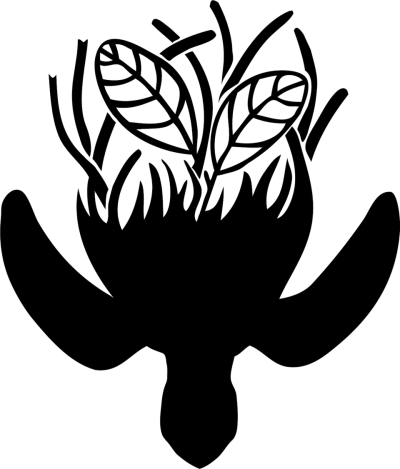News
Why seagrass needs space – a long read on the 1st world seagrass day
#Longread – Despite the many threats, seagrass habitats still have the …
Do you see the “S” of “seagrass” planted in the sand?
Last week we (Karin Didderen, Fee Smulders, and I) were …
Seagrass ecosystem multifunctionality under the rise of a flagship marine megaherbivore
How does ecosystem functioning change now megaherbivores are returning? In …
Restoring Bonaire’s seagrasses and mangroves a checkerboard at a time
Seagrass and Mangroves on Bonaire can use a helping hand. …
Fish can protect ecosystems from invasive seagrass
One grazer is not like another. Where sea turtle grazing …
Savannas of the sea: “Pristine seagrass meadows were often heavily grazed”
WUR press release: Seagrasses are important for our coastal protection, …
The price turtles pay for your perfect vacation photo
Unregulated feeding of marine wildlife by tour operators impacts the …
Can we improve coastal restoration by temporarily imitating nature? Yes we can!
Coastal ecosystems are in rapid decline around the world. Restoring …
The corona version of a Field-based course “Introduction Marine Ecology”
Six weeks before the start of our course our Dutch …
